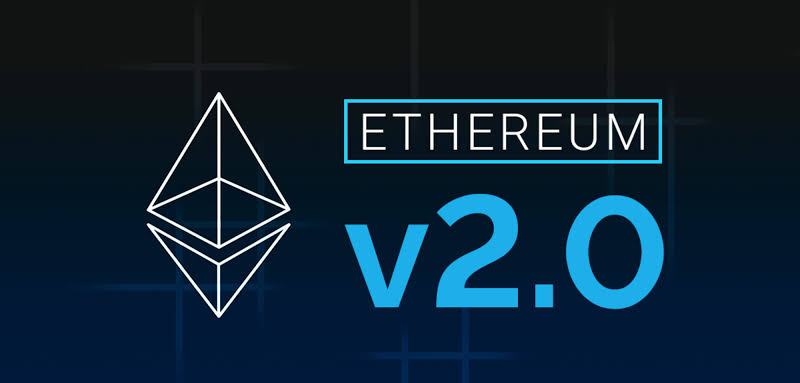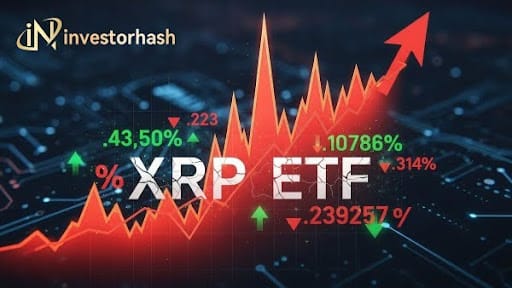"The most exciting thing about Ethereum 2.0 is sharding", Krishna Claims

Ethereum 2.0 and non-fungible tokens (NFTs) may well be the most talked-about concepts in the crypto space at the moment. The former poses as a solution to one of the biggest problems facing the crypto community — the high cost of Ethereum gas.
A ton of crypto and blockchain connoisseurs have opined that for the Ethereum network to become scalable, a major upgrade is required. Fortunately, Ethereum developers share this sentiment and have proposed an upgrade tagged “Ethereum 2.0”. One of the foremost problems this ascent will solve is the inability of the Ethereum blockchain to process transactions quickly.
Proposing sharding, which will process transactions in sub-chains, Krishna, Senior Marketing Manager at ChangeHero crypto exchange in an interview with BTC Peers claims it is the most exciting thing about the upcoming update.
Presently, the Ethereum network is only able to process a few transactions per second, the introduction of sharding, however, will divide the network into sub-chains that will handle different transactions at the same time, enabling faster and cheaper transactions, the Marketing Manager further told BTC Peers.
Like Bitcoin, Ethereum runs on the proof-of-work (PoW) consensus mechanism which has been described as an inherently inefficient system. Krishna strongly believes the transition to the more efficient proof-of-stake (PoS) mechanism will turn Ethereum, a network specifically known as a developer’s blockchain, into a more general platform where enthusiasts and users can confidently stake their holdings and earn passive income.




